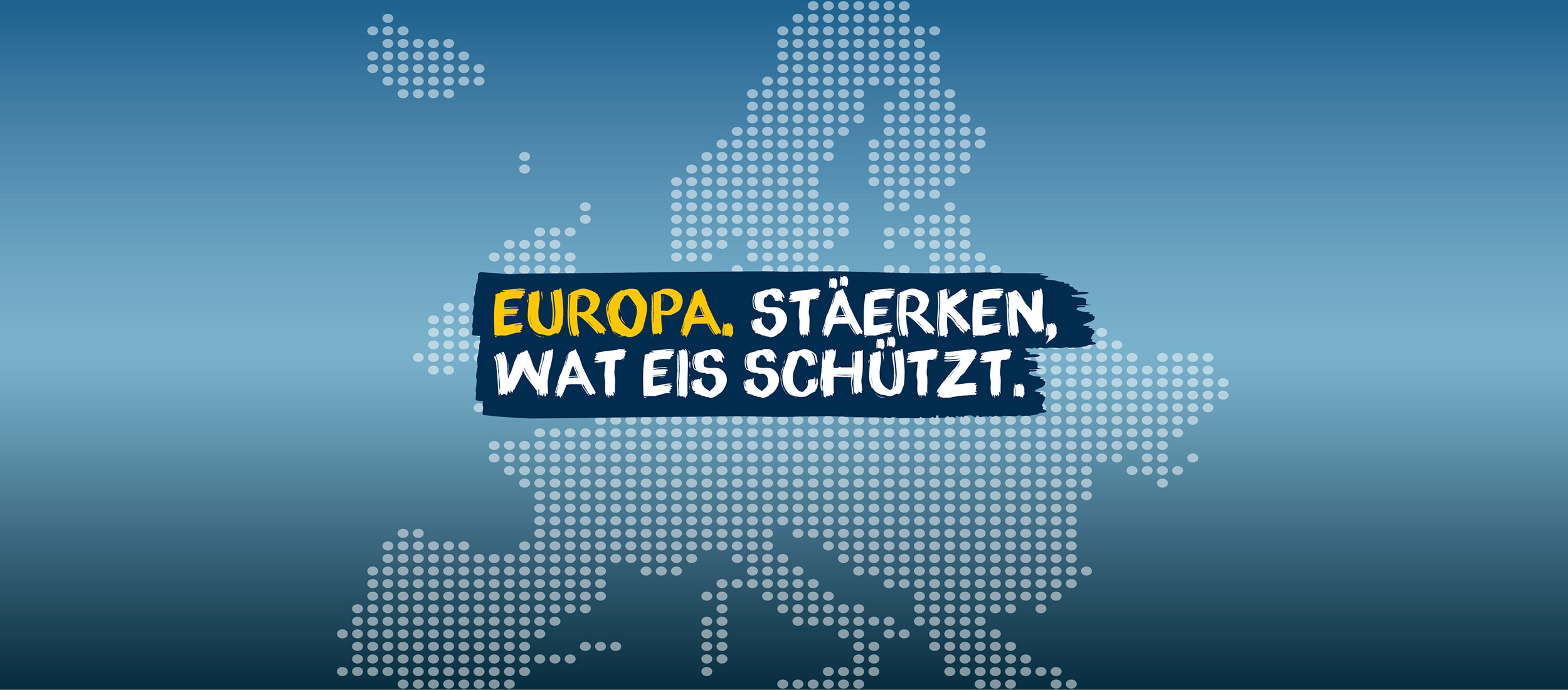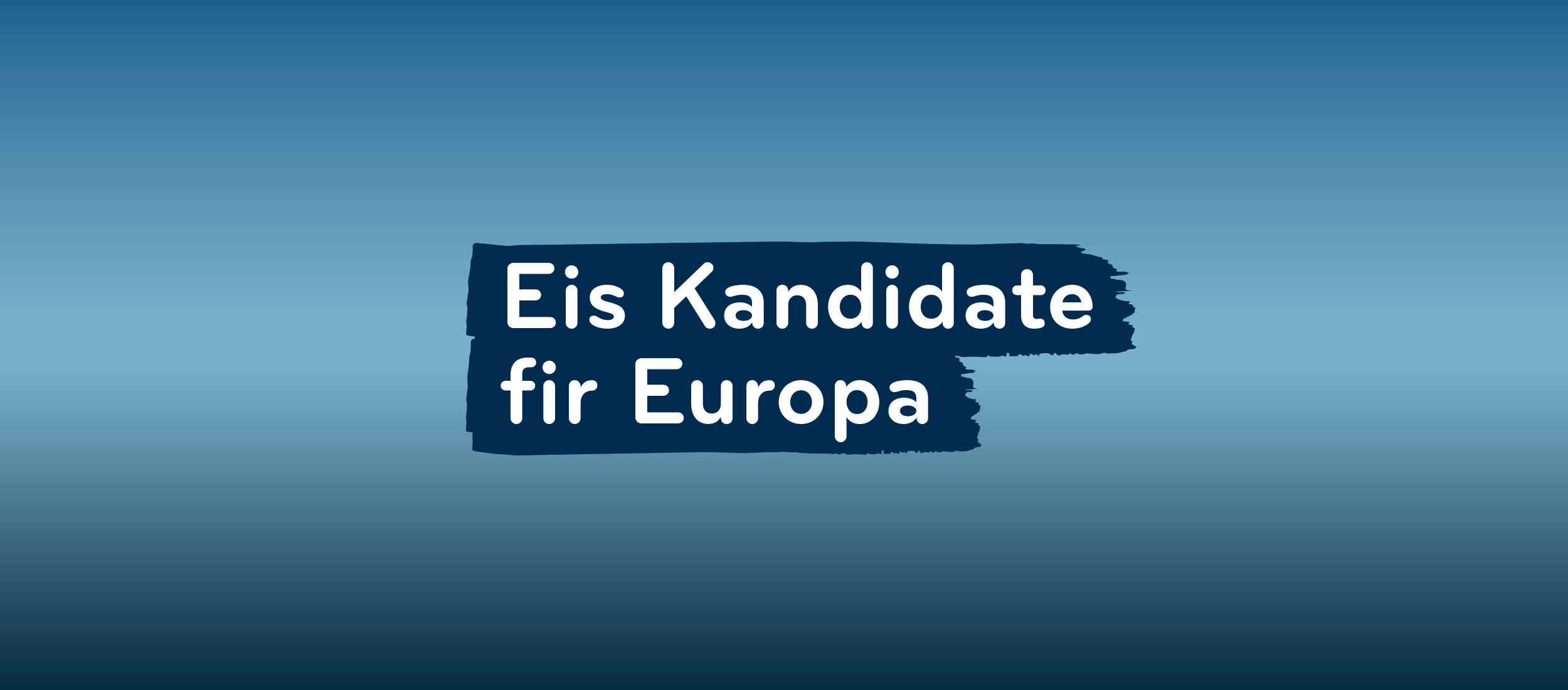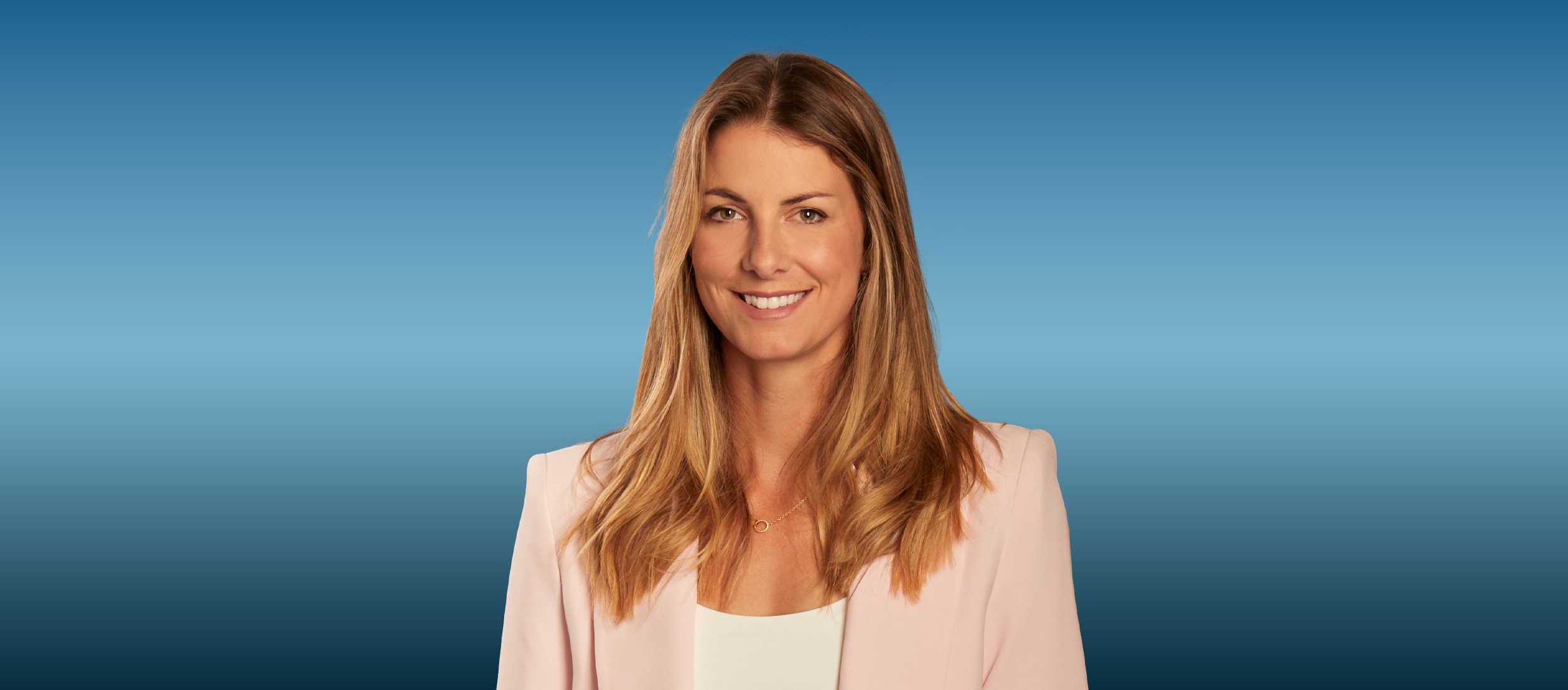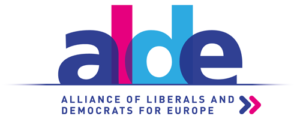Continuing to diversify the school offer, preparing young people for a digital world and continuing to support students intensively – these are the three priorities presented by the Minister of Education Claude Meisch at his traditional press conference before the start of school.
“We must not stop constantly testing ourselves and see if we can offer all children a truly fair educational opportunity“, said the Minister for Education, Claude Meisch.
“Different schools for different students”
The Luxembourg school needs a wide range of offers that meet the diversity, talents and ambitions of the pupils. This school year, a new public European school in Mersch will be added. For the school year 2022/23, another public European school in the city will open its doors.
The new school subject “Digital Sciences“, which aims to impart 21st century skills, will be progressively introduced in high schools from this school year onwards. With the sections “N – Entrepreneurship, Finance and Marketing” (2022) and “P – Pedagogy, Psychology, Sociology and Philosophy” (2023) two new branches will be added in the secondary school.
Summer school and free homework assistance
The Ministry of Education also continues to place great emphasis on the support of students with learning delays. That’s why a summer school was organized again this year. As part of optional courses, over 7,000 students have accepted the offer to repeat school content and thus prepare well for school entry in the fall.
Together with the school partners, a nationwide concept for free homework assistance is to be developed over the coming months. This measure will be another piece of the puzzle to provide fair education opportunities for all children in the country.
One of the key challenges facing our school system remains the integration of those students who have recently entered the country. The reform of the Home Classes is therefore a further focus of the ambitious package of measures, which should improve the integration of the Primo-Arrivals in the future.
Compulsory schooling until 18
In order to tackle the problem of early school leaving, compulsory schooling should be increased from 16 to 18 years. Students should be given enough time to adequately prepare for the world of work. They should also be able to benefit from alternative education concepts and psychosocial support.
“Vaccinations and tests, that is the key to more normality in schools, in care structures and for all children and youth activities.” (Claude Meisch)
A safe return with fair educational opportunities.
“Minimal chance for the virus, maximum chance for education“: This remains the leitmotif for this return. Compared to the last school year, we now have two new options available to ensure the necessary safety in schools: vaccinations and tests.
The extra large number of students and teachers involved in the vaccination campaign, and the high-performance testing strategy allow for more flexible measures for the back-to-school period. With an adapted level plan, more normality should return to the schools.
The general mask duty in teaching could be abolished. Pupils and teachers are now allowed to wear masks in their classroom. The masks are only obligatory for school transport or movements inside buildings.
More security and normality for everyone
During the last school year, more than 90% of the students voluntarily used self-tests, which prevented major chains of infection. For the back-to-school period, the Ministry of Education has once again stepped up its testing capacity to accommodate students who are not yet able to get vaccinated.








